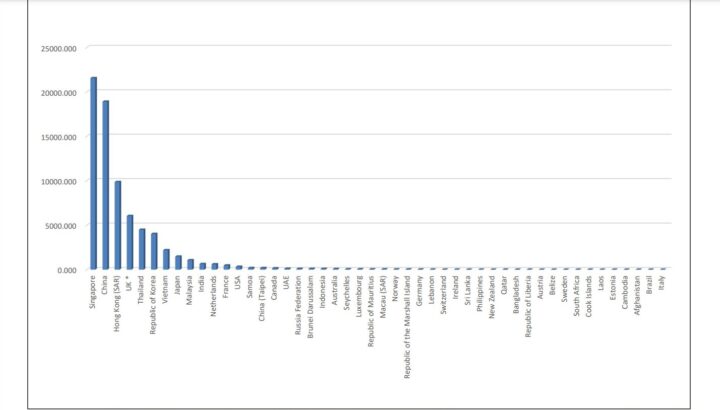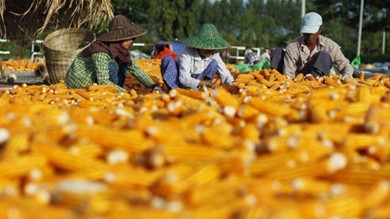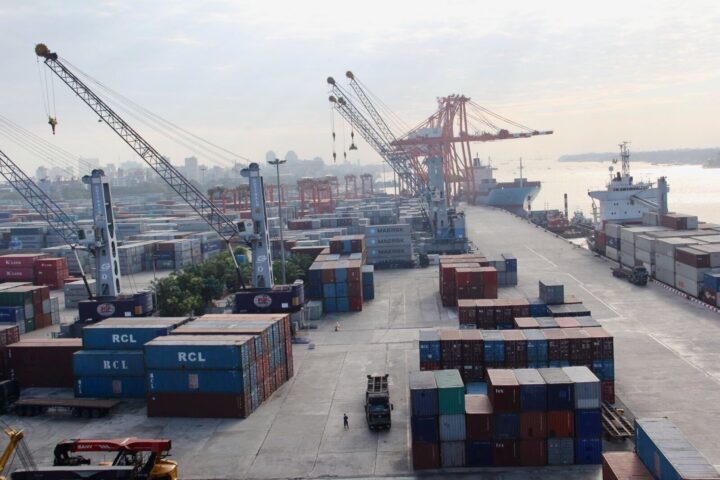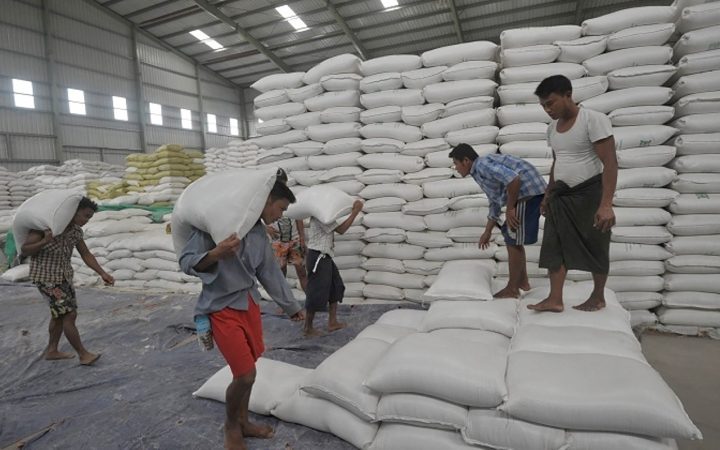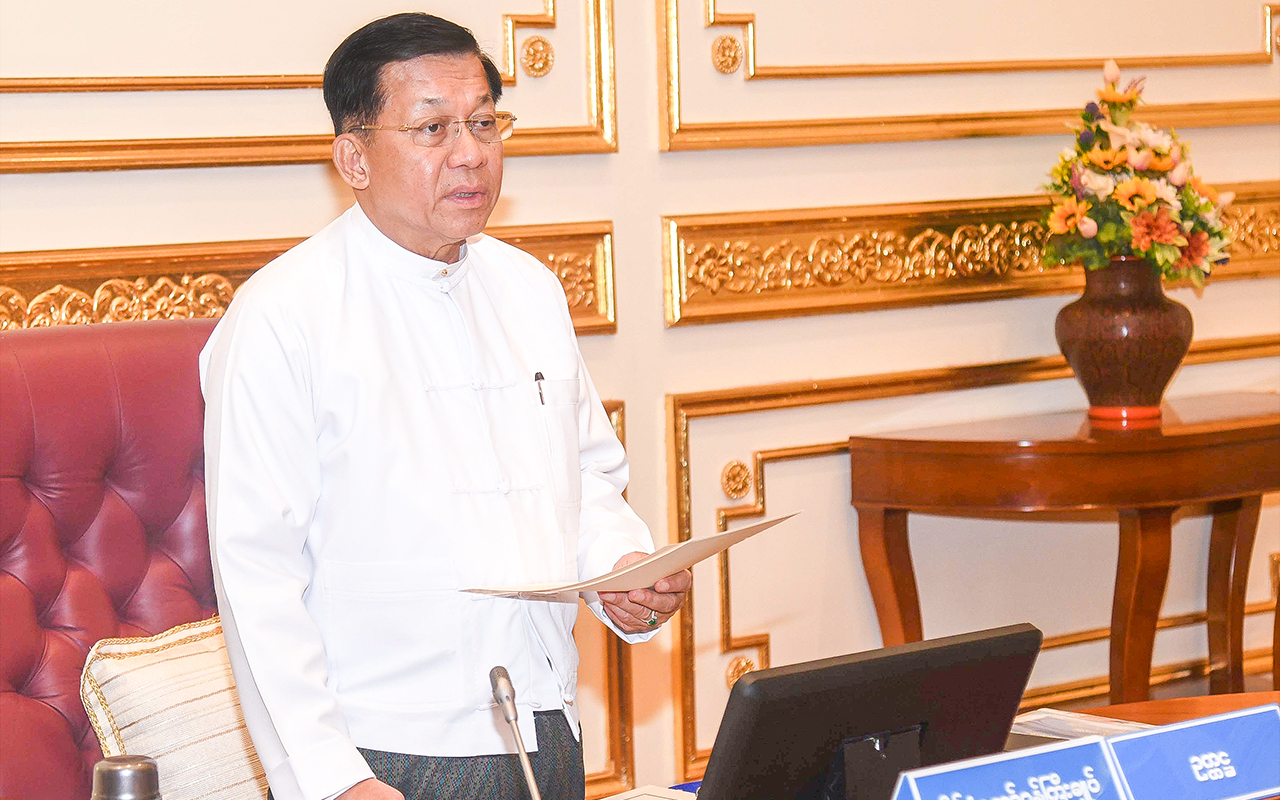Courting investments by enacting laws can provide a safety net for the foreign investors and protect their interests regardless of a change in government
25 Sep 2017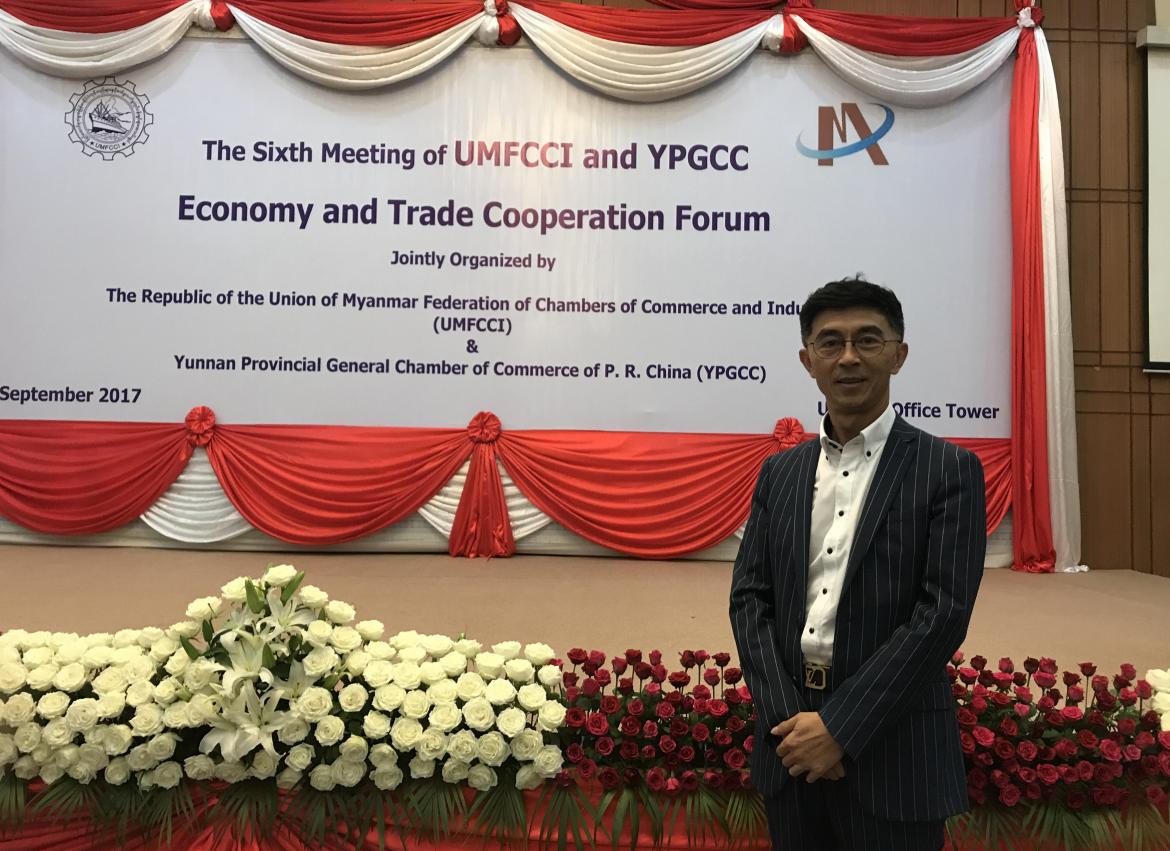
Myanmar’s economy is inextricably linked to neighbouring China. The country exports more than half its agriculture produce across the border, making China one of its largest trade partners.
Meanwhile, China is also the largest investor in Myanmar, with total approved investments totaling US$19.1 billion as at August 31. As a whole, foreign direct investments from China make up about a quarter of total FDI into Myanmar.
Yet, total approved FDI from China has slowed over the past fiscal year. To discuss the situation, The Myanmar Times met with Yan Yu, Vice President of Yunnan Provincial General Chamber of Commerce (YPGCC) for an exclusive interview during his visit to Myanmar on September 18.
Here’s an excerpt of what was discussed.
The Myanmar Times: Foreign direct investments (FDI) to Myanmar have slowed of late. What is holding back Chinese investments to Myanmar?
Mr Yan Yu: The most important factor holding investors back is the lack of clarity in government policies. For example, what was permitted under the previous government is no longer permitted under the current government. Things are not clear so it is very risky for investors to invest in Myanmar. They wouldn’t dare to. I hope the Myanmar government will enact laws that provide a safety net for foreign investors that protect their interests regardless of a change in government.
The main reason why big corporations are not entering Myanmar is the lack of electricity and reliable infrastructure provided by the government. If Myanmar can guarantee electricity supply and provide roads and ports, many more foreign investors will come in.
What sectors is China interested to invest in?
China focuses on four sectors: real estate, tourism, logistics and agriculture. Tourism is a given since Myanmar has many beautiful beaches, islands and mountains. Logistics is important for cargo transportation. In fact, there are currently two or three ports being built in Myanmar so investors in this sector could increase.
There are also many who invest in agriculture however China restricts some Myanmar agriculture exports, depending on supply and demand. China and Myanmar should cooperate more on agriculture trade to make it successful for both countries.
Last month, some Myanmar bank accounts in China were frozen. Has YPGCC urged the Chinese government to help Myanmar merchants?
What we heard is that over 100 accounts were frozen. The Chinese government did so because they had to check some illegal businesses. So, all the accounts were closed. However, once cleared, they were reopened quickly. It took two or three months. In the long run, there won’t be such cases. They are just temporary incidents. It is almost unlikely to happen in future.
A free trade zone is now under development near Muse, at the China-Myanmar border. When it is implemented, what are the benefits for both sides?
The free trade zone will be constructed between Ruili and Muse. Myanmar exports mainly agricultural products such as rice, paddy and maize, which form 60 percent of total exports. However, China currently has limits on the import of rice, paddy and maize. If a free trade zone is implemented, tax reductions or tax exemptions on goods traded between the two countries can be enjoyed. Then I hope it will be more convenient and beneficial for both sides to trade.
Myanmar has agreed to participate in and is supportive of the Belt and Road Initiative (BRI). What are the advantages for both Myanmar and China under this project?
Under the BRI, China intends to work with more than 100 countries globally. These countries can get financial assistance especially investments and aid to develop vital infrastructure such as ports, roads and bridges.
In fact, many countries participating in the BRI have better logistics and transport infrastructure as well as communication infrastructure. For Myanmar, this will help in the export of goods to other countries. In the past, it had to wait for long periods of time for the goods to reach the borders because of poor road conditions. But once the roads are improved, the goods can be exported in time. It will improve the flow of investments into Myanmar.
Myanmar’s participation in the BRI has been widely publicised this year. How should the country position itself to benefit from the project?
Under the BRI, China aims to provide participating countries with financial assistance in the construction of basic infrastructure, which has so far been quite successful. In Myanmar, the government’s funds are limited compared to the capital needed to build infrastructure required for economic development.
However, under the BRI, it has access to a lot of funds. So, Myanmar can benefit from the use of Chinese funds to develop roads, ports and power grids it needs to be on a level field with the world. If we look at ASEAN, we can see the countries with reliable electricity supply, roads and ports have developed significantly compared to the countries that don’t. I believe Myanmar will develop much faster if its energy and transport sectors are improved.
As an example, the first thing that was discussed with ASEAN countries when OBOR was mooted four years ago was to build a railway track from Ruili to Mandalay-Kyaukphyu. However, the railway linking Kyaukphyu-Mandalay-Ruili has not been realised until now. Other infrastructure projects with Thailand and Laos, which were planned afterwards, are already in progress. In 2020, there will be a railway track linking Laos, Thailand and Yunnan Province.
The point is Myanmar does not have to fork out its own money. There is already money from China under the BRI. I would advise the State government to release an appropriate policy enabling other countries to provide aid and investments in constructing the basic infrastructure necessary for the development of your country.
(The Myanmar Times: https://www.mmtimes.com/news/courting-investments-and-fostering-ties-china.html )

